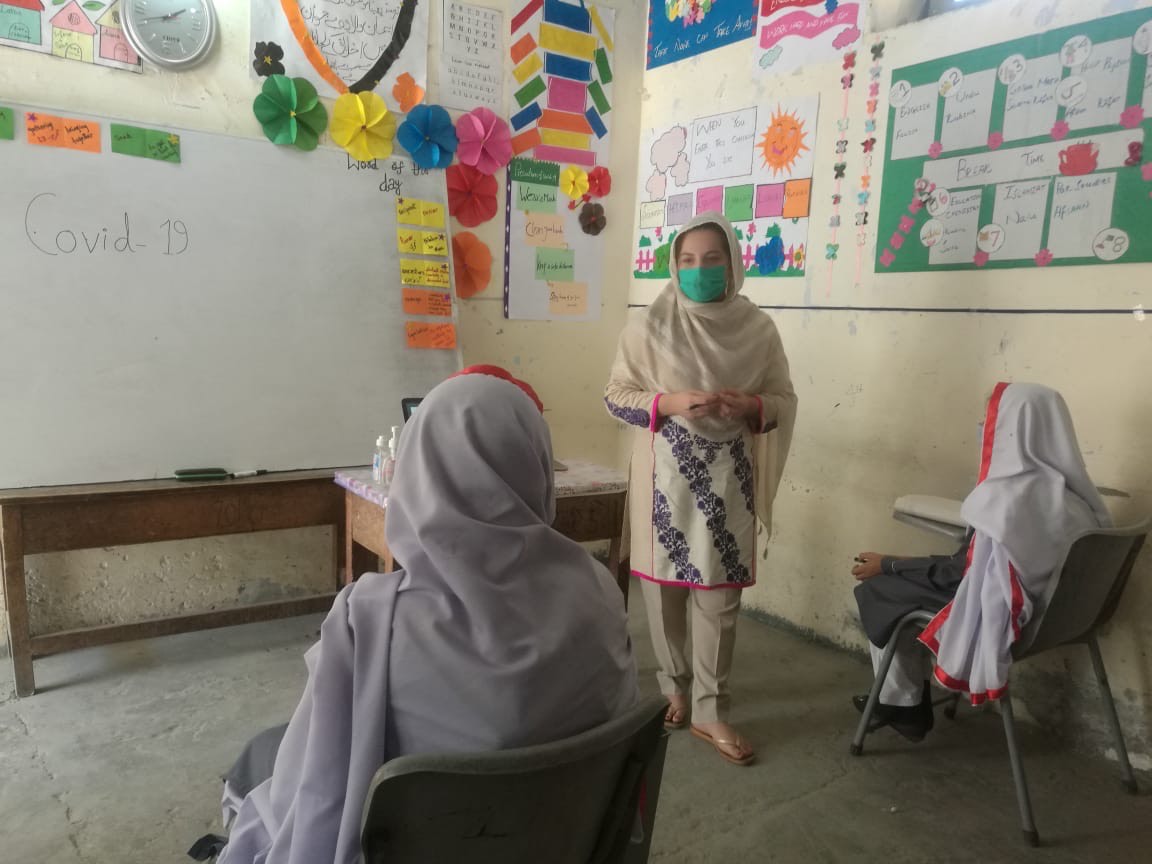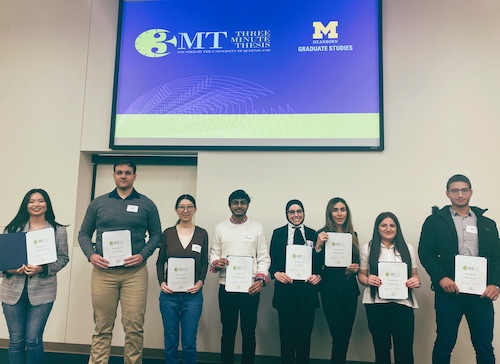
As a therapist in Pakistan, UM-Dearborn graduate student Haijira Baig connected homeless transgender people to nongovernmental organizations in an effort to get them access to housing, healthcare, education and community. She provided resources and support to married women in abusive homes. And she worked in a COVID isolation center providing care to sick people from the pandemic’s earliest days.
But Baig realized that she needed to broaden her credentials and connections to better help people in her rural Pakistani community.
“I was one of the pioneer therapists in my area who worked with people who had trauma and mental illness where getting help is stigmatized. I realized that I couldn’t reach the number of people that I wanted to reach, especially with the lack of resources available and the stigma people seeking help face,” she said. “We need health policies and intervention plans. So I wrote a proposal asking for the regional government (in Northern Pakistan) to consider putting counselors in schools and hospitals, so people can get treatment sooner. Mental health care can be prioritized and stigma can be reduced. But to do that, people need to see it as part of their everyday life. Access is essential, as is educating families and others on how to become a support network."






